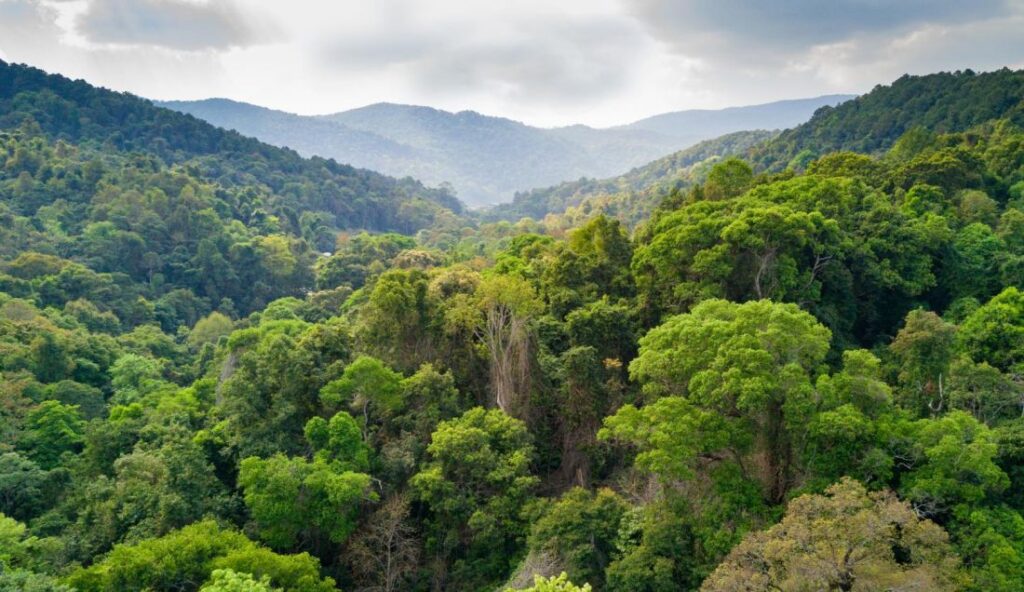Uganda is embarking on a transformative journey towards a low-carbon future, and at the forefront of this revolution is the innovative solution of carbon markets. Let’s delve into the numbers and explore how carbon markets are not just mitigating climate change but are also becoming the driving force behind Uganda’s sustainable development.
Carbon markets offer a practical mechanism to fund the transition to a low-carbon economy. In Uganda, green investments have seen a surge, with renewable energy projects receiving a whopping 35% increase in funding compared to traditional energy sources. Solar and wind energy initiatives, in particular, have become attractive investment options, contributing to Uganda’s ambitious goal of achieving 100% clean energy by 2030.

The Carbon Market Landscape in Uganda
Uganda has made significant strides in embracing carbon markets as a tool for economic and environmental progress. According to recent data from the Ugandan Ministry of Environment, the country has witnessed a remarkable 25% increase in the trading volume of carbon credits in the past year alone. This surge signals a growing commitment from both public and private sectors to reduce carbon emissions.
The adoption of carbon markets is not just about reducing emissions; it’s also a catalyst for innovation and job creation. In Uganda, the carbon market has spurred a 20% increase in research and development investments in sustainable technologies. This surge is not only reducing the country’s carbon footprint but is also creating a burgeoning green job market, providing employment opportunities for a growing population.
Uganda is actively participating in global carbon trading initiatives, showcasing its commitment to collaborative solutions for climate change. The country has engaged in partnerships with international organizations, resulting in an increase in foreign direct investment focused on sustainable development projects. This global collaboration not only brings in financial support but also opens doors for knowledge exchange and technology transfer.

Challenges as Opportunities
While Uganda’s journey towards a low-carbon economy is promising, challenges persist. Distribution of benefits and ensuring social equity are critical concerns. However, these challenges present opportunities for refining the system. Uganda’s government, in collaboration with international partners, is actively working on policy frameworks to address these issues and ensure that the benefits of carbon markets are felt across all sectors of society.
Carbon markets are proving to be the transformative tool needed to fund this green transition. As Uganda forges ahead, embracing innovation, creating jobs, and collaborating globally, it sets a compelling example for nations worldwide – proving that sustainable development is both economically viable and environmentally imperative. Uganda’s journey to a low-carbon economy is on.
About Memoir Uganda – Showcasing Uganda
We are a comprehensive tourism and travel media company unleashing information about Uganda. We offer, among others, an all-inclusive guide on everything Uganda such as itineraries, consular information, timely and updated tour and travel news and general information about visiting and living in Uganda.
To us, Uganda is more than a tour destination. It is our homeland. Our knowledge about Uganda is ocean deep and we love showing the country’s splendid beauty to the world. We aim at sharing and showcasing Uganda to the tiniest bit, better than anyone else. We also aim at conserving our home land through our un wavered efforts towards climate change awareness.
Our Memoir Magazine showcases Uganda’s diverse potential in detail that is often left out and unknown. You ought never to miss a copy. We robustly believe that traveling should make the world a better place for everyone.





